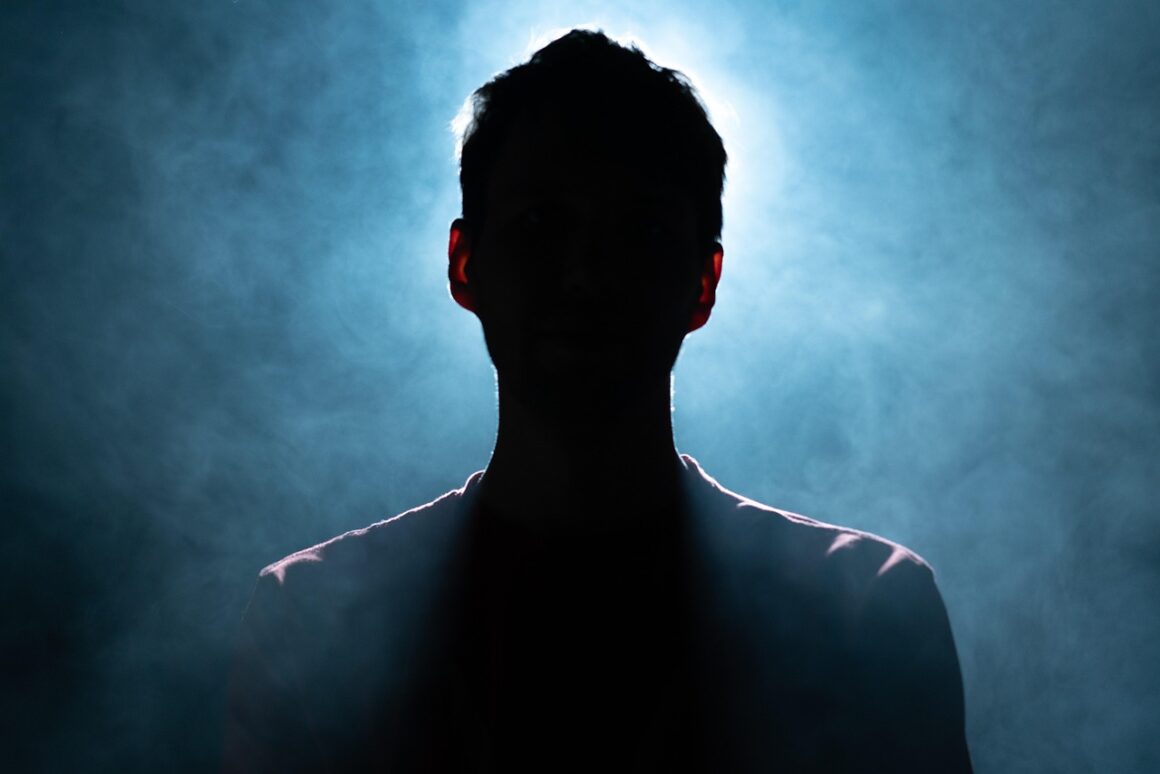Recently, the news has felt like a perpetual montage of natural disasters. Fires are raging through Los Angeles and the Pacific Northwest. Texas is reeling from the destruction of Harvey while Florida anxiously waits for Irma to do her damage. And that’s just in the United States. The Caribbean countries of St. Martin, St. Barts and Barbuda have already felt Irma’s wrath, which left at least 9 dead; and Sierra Leone, Nigeria, India, Pakistan, and Nepal are experiencing severe flooding. Many of those not directly affected by said disasters have taken to Twitter and other social media outlets; some to provide others with links to resources and donations, some to offer their thoughts and prayers, and some to proclaim that these disasters mark the beginning of the Rapture or the second coming of Christ.
yALL. eclipse was on the 21st, harvey began on the 25th, floods started on 26th. if you google "21 25 26", this comes up pic.twitter.com/cw460ifz3X
— jizzydizzy (@juleedao_) September 5, 2017
https://twitter.com/Cheyanccoady/status/905434684414296065
I hate to be the bearer of bad news, but these disasters are not the doings of Christ, nor do they mark His second coming. They’re indicators of climate change, begging for attention and action. Furthermore, proclaiming that these disasters are a sign of God’s return is not helping, it distracts from real global problems that we, and future generations, will have to deal with. When constituents show less interest in climate change, so do their representatives.
2017 was the 3rd hottest year to date and the 15th hottest summer. 2016 saw the three-peat of back to back new heat records. Our global average temperature is 1.69 degrees hotter than that of the 20th century. Our planet has shown consistent proof of climate change, with increasingly severe storms and droughts, melting ice caps, and the disruption of ecosystems and disappearances of some species. But many choose to ignore these warning signs, which only furthers the “hoax” narrative.
Though climate change did not cause hurricanes Harvey and Irma, it did exacerbate the aftermath of both storms. Our warming atmosphere, rising sea levels, and surface ocean warming can all be attributed to climate, and all three contribute to the intensity of hurricanes. Chris Holloway, tropical storm expert at the University of Reading in England says, “It’s important to note that climate change has already caused higher sea levels, so any storm surge is happening on top of a higher initial level, leading to more coastal flooding”. Furthermore, the increasing heat of the ocean surface gives storms more energy, which ultimately ends in them doing more damage.
Climate experts say that the worst is yet to come and that we can expect more storms with the severities of Harvey and Irma. They’re inevitable, and it’s time to start focusing more energy and resources towards being prepared for hurricanes and wildfires and whatever other natural disasters might come our way. Hurricane Irma is being called a “500-year storm”, but the last “500-year storm” came just weeks prior in the form of Hurricane Harvey. It’s not Armageddon. It’s not the Rapture. It’s climate change, and it’s time to stop tip-toeing around it and call it by its name.




